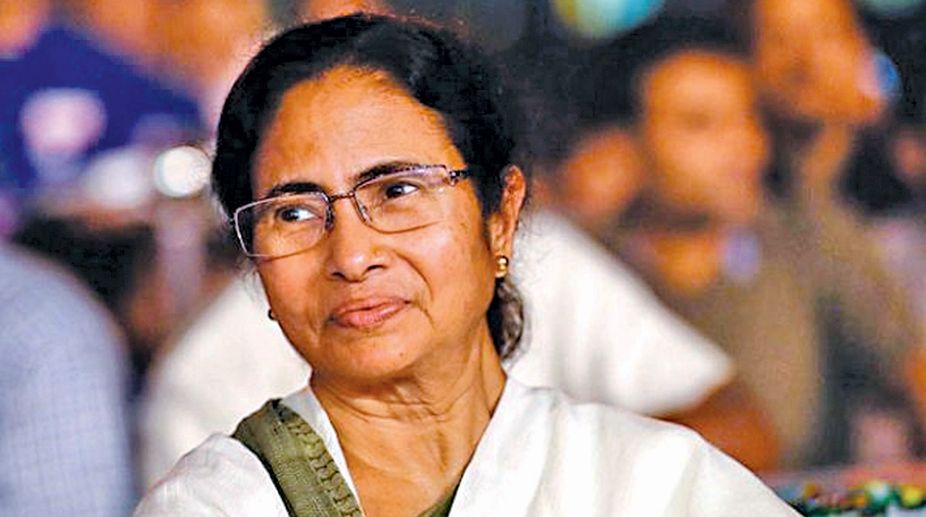Cold storage association demands storage rent rise from govt
West Bengal Cold Storage Association held their 60th annual general meeting on Wednesday.

West Bengal Chief Minister Mamata Banerjee. (Photo: Facebook)
West Bengal Chief Minister Mamata Banrejee on Wednesday paid tributes to ‘language martyrs’ of ‘Ekushe February’ on Bhasha Dibas. The ‘language day’ is celebrated on 21st February in West Bengal and Bangladesh.
Banerjee in a series of tweets said, “Today is Bhasha Dibas, when people were martyred in Dhaka for demanding that Bengali be made the official language”.
Advertisement
She added, “We must respect and love all languages”, while paying “highest respect to the ‘language martyrs’ of ‘Ekushe February’.
Advertisement
Today is Bhasha Dibas, when people were martyred in Dhaka for demanding that Bengali be made the official language. My highest respect to the ‘language martyrs’ of Ekushe February. We must respect and love all languages
— Mamata Banerjee (@MamataOfficial) February 21, 2018
The Chief Minister also tweeted intro of the song, Ami Banglay Gaan Gai, (YouTube link of the song) composed and sung by Pratul Mukherjee, while paying her respects to the martyrs of the language movement.
আমি বাংলায় গান গাই, আমি বাংলার গান গাই … ভাষা দিবসে জানাই অমর ভাষা শহীদদের সশ্রদ্ধ প্রণাম। আমাদের সকল ভাষাকে শ্রদ্ধা ও ভালবাসার চোখে দেখা উচিত।
— Mamata Banerjee (@MamataOfficial) February 21, 2018
On the occasion of International Mother Language Day, Banerjee wrote: “I want to greet the brothers and sisters of Bangladesh, greetings and congratulations. Language martyrs know about the revered reverence Ekushey February Amor Raha. (translated from Bengali)”
আন্তর্জাতিক মাতৃভাষা দিবস উপলক্ষে আমার বাংলাদেশের ভাই ও বোনেদের জানাই শুভেচ্ছা ও অভিনন্দন। ভাষা শহীদদের জানাই সশ্রদ্ধ প্রণাম। একুশে ফেব্রুয়ারী অমর রহে।
— Mamata Banerjee (@MamataOfficial) February 21, 2018
Bhasha Andolon/language movement:
The Language Movement or Bhasha Andolon (in Bengali language) was a political movement in former East Bengal (today Bangladesh), which advocated the recognition of the Bengali language as an official language of the then-Dominion of Pakistan in order to allow its use in government affairs, the continuation of its use as a medium of education, its use in media, currency and stamps, and to maintain its writing in the Bengali script.
Having mainly Bengali population, the East Bengal was formed by the partition of India in 1947, and was composed of various ethnic and linguistic groups.
In 1948, the Government of the Dominion of Pakistan ordained Urdu as the sole national language, sparking extensive protests among the Bengali-speaking majority of East Bengal. Facing rising sectarian tensions and mass discontent with the new law, the government outlawed public meetings and rallies. The students of the University of Dhaka and other political activists defied the law and organised a protest on 21 February 1952.
The movement reached its climax when police killed student demonstrators on that day. The deaths provoked widespread civil unrest. After years of conflict, the Pak government relented and granted official status to the Bengali language in 1956.
Advertisement